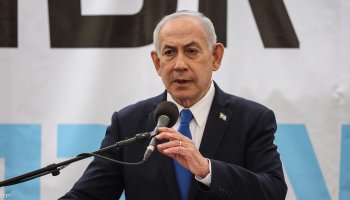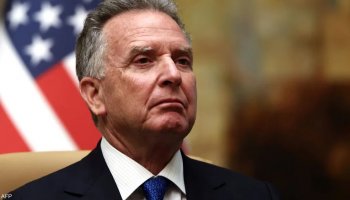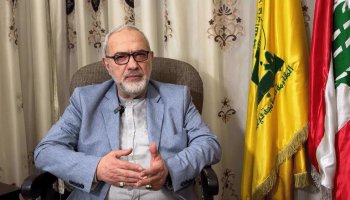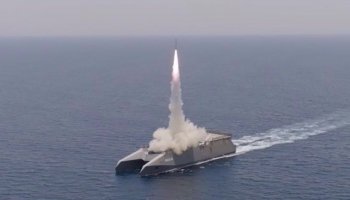Damascus, Syria (diplomat.so) - Iran's foreign minister, Hossein Amirabdollahian, pointed fingers at the United States on Monday, alleging that it provided tacit approval for Israel to launch a devastating strike on its consulate building in Syria. The attack claimed the lives of seven Iranian military personnel, including two generals.
Amirabdollahian's accusations came amid escalating tensions between Iran and Israel, with the former vowing to retaliate against the strike, widely attributed to Israel. The attack signals a troubling intensification in Israel's targeting of Iranian military figures, further fueling concerns of a widening conflict in the Middle East.
Hezbollah leader Hassan Nasrallah echoed Tehran's stance, expressing support for a potential military response from Iran. The strike, which killed Gen. Mohammad Reza Zahedi, a high-ranking official in Iran's Revolutionary Guard, has heightened fears of broader regional conflict.
The incident follows months of increased hostilities between Israel and Hezbollah, as well as Hamas, another Iranian-backed group, which has been engaged in conflict with Israel. The strike on Zahedi marks the most significant blow to Iran since the killing of Quds Force chief Gen. Qassim Soleimani by a US drone in 2020.
Amirabdollahian, during his visit to Damascus, condemned the attack, implicating the US in the incident and demanding accountability. Despite US denials of advance knowledge, Washington's alliance with Israel remains a focal point in the escalating tensions.
While Israel has refrained from acknowledging responsibility for the strike, the Pentagon has indicated its assessment that Israel was behind the attack. The strike underscores the complex web of alliances and conflicts in the region, with Syria and other key allies of Iran condemning the attack.
Hezbollah's Nasrallah revealed Zahedi's significant role within the group, highlighting his involvement in pivotal moments in Lebanon's history. The killing of Zahedi, along with recent Israeli strikes on Hezbollah commanders, further underscores the volatile situation along the Lebanon-Israel border.
Efforts by Washington and Paris to defuse tensions and prevent a full-scale conflict between Hezbollah and Israel have intensified. However, political tensions within Lebanon, exacerbated by recent events, threaten to escalate the situation further.
The death of a Lebanese Forces official, amid accusations and counter-accusations, adds another layer of complexity to the already fragile political landscape in Lebanon. Nasrallah's dismissal of allegations against Hezbollah underscores the deepening divisions within Lebanese society.
As the region teeters on the brink of further escalation, diplomatic efforts remain crucial in preventing a descent into all-out conflict. However, with longstanding grievances and complex alliances at play, the path to peace appears increasingly precarious.









Leave a comment